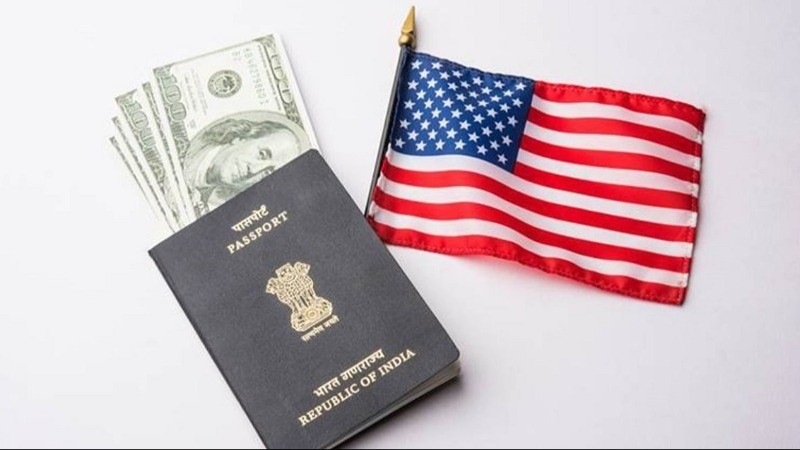
Two Democratic Senators have introduced a bill to promote family unity within the U.S. immigration system and address long-standing backlogs. The legislation, titled the Reuniting Families Act, was introduced on December 4, 2024, by Senators Mazie K. Hirono, a member of the Senate Judiciary Committee, and Tammy Duckworth. This initiative aims to reunite immigrant families and increase the per-country caps for family-based immigration, particularly benefiting countries like India, China, Mexico, and the Philippines.
Key Provisions of the Reuniting Families Act
The proposed legislation includes significant reforms to modernize the immigration system:
Support for LGBTQ+ Families and Children
The bill takes steps to ensure equal treatment for LGBTQ+ families by protecting same-sex couples and allowing refugee spouses and partners to resettle together. It also provides provisions for spouses of individuals granted asylum to join them in the U.S.
The legislation further addresses the issue of children aging out of eligibility for visas when they turn 21. It extends protections to stepchildren and children of visa holders. Additionally, the bill proposes expanding criteria for canceling deportation orders, helping noncitizens remain in the U.S. if deportation would result in extreme hardship for their U.S. citizen or legal permanent resident family members.
Voices of Support
Senator Mazie K. Hirono, the only immigrant currently serving in the U.S. Senate, emphasized the importance of the bill, saying, “As the only immigrant currently serving in the US Senate, I am proud to introduce the Reuniting Families Act to update our country's family immigration system and promote family unity.”
She further elaborated, “By implementing changes to reduce the backlog of family-based immigration visas, exempting close relatives from visa caps, and preventing the separation of LGBTQ+ families, this bill will better prioritize family unity in our immigration system.”
Looking Ahead
The Reuniting Families Act represents a comprehensive effort to overhaul the U.S. family-based immigration system, prioritizing unity and inclusivity. If passed, it could bring significant relief to families who have long been separated due to outdated immigration policies and limitations.